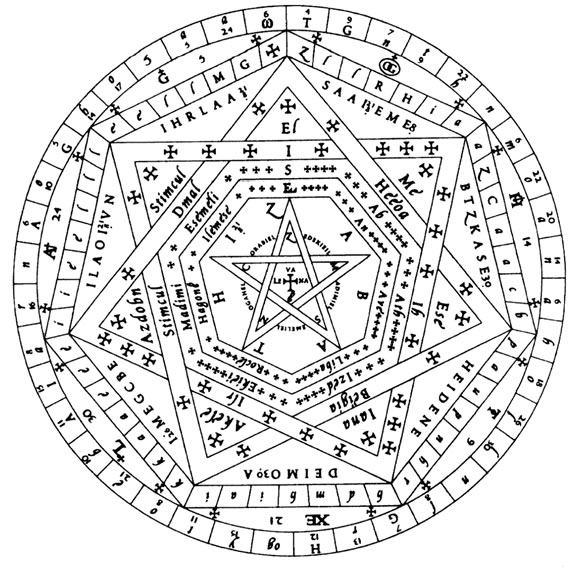
Contexts of Nomenclature and Meaning.
According to the Greeks, “the etymon is the name of the true thing.”
Etymos=true.
What that means is that a name is a deep name, and that the truth would be told. Etymon — comes from the Greek for “truth” — and powerful names for brands, ideas and enterprises hold a mnemonic to the deeper mystery of re-collection and the layering of content from, in some instances, thousands of years.
So in exploring brand and name and reaching to the mysticism of the etymon – the calling of a name was like spell-binding, a magical act of calling something forth, naming and protection.
Some words, taboo words, like “bear” would forbidden since it’s a calling, a culling evocation of a wild thing, a force of nature and a dangerous one at that.
To the most ancient linguistic history, that story holds true, and comes forth in the annals of etymological history.
Scholar Douglas Harper notes:
“Greek arktos and Latin ursus retain the PIE root word for “bear” (*rtko; see Arctic), but it is believed to have been ritually replaced in the northern branches because of hunters’ taboo on names of wild animals (compare the Irish equivalent “the good calf,” Welsh “honey-pig,” Lithuanian “the licker,” Russian medved “honey-eater”). Others connect the Germanic word with Latin ferus “wild,” as if it meant “the wild animal (par excellence) of the northern woods.’”
From whence do words come?
The names of things.
You call something forth and you define it. In the ancient and ritual context, calling a name brings that sense to life. And like a spell well crafted, you name something
and it goes from an abstraction to
a recognized spirit. Spell-casting would be about knowing the right name, or the true name of that which you wish to bring forth — the legacy of the grimoire is as a receptacle, a containment of these names and the sigils that hold them.
The 16th Century Sigil of
John Dee and Edward Kelley
A labyrinthian amulet of names.

In a manner, one might suggest naming is a kind of revealing — a revelation of an original intention. To me, they are literally roots that go from an originating imagination [an image-making] to the real-making [realization].
Magic-making is part of our deepest path, our cultural journey and
reveals itself through time, age after age.
Mostly hidden.
But naming goes back to the beginnings.
And in the very beginning of our relationships, with this line of query:

A name might be the answer to:
“who are you?”
TIM | GIRVIN | COASTAL STUDIOS
––––
THE STRATEGY OF LUXURY
BRAND STRATEGY, DEVELOPMENT + DESIGN
Girvin Strategic Luxury: http://bit.ly/NwMv46
Girvin Brand Luxe Thinking: http://bit.ly/gTW5HZ